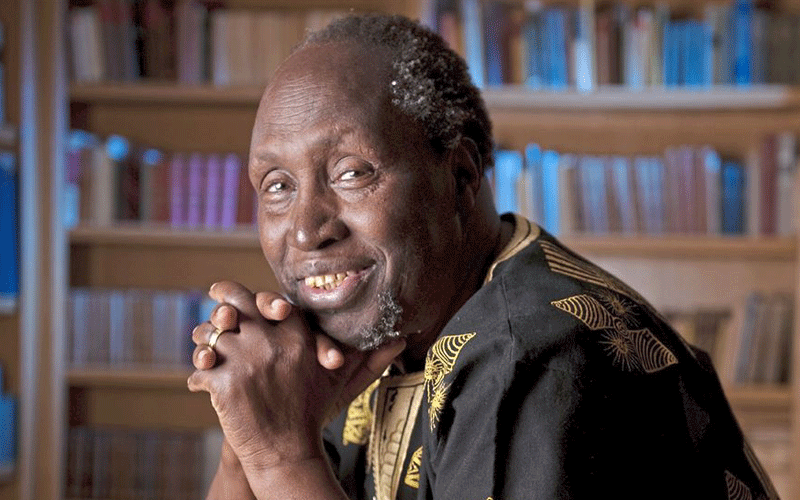Perception of ‘kingship politics’ as political identity
By Hansen Owilla, October 16, 2023Plato, in his Republic, advocated for arts that moralises the society.
To him the artist must moralise and that even in a dramatic or narrative plot where the protagonist is facing challenges, his or her failure to overcome these challenges should not depict the principal protagonist as a villain, but rather situate the failures within that context would help the audience pick some moral values.
Situate this in a movie plot and that good protagonists you admire should only suffer if the suffering will not erase his or her admirable qualities but underscore the greater societal good that such suffering brings.
Well, I suppose some of our political leaders are considered good guys by their followers and should come to the realisation that there is no politics for politics sake. For instance, when some leaders were happy celebrating the Jubilee takeover and implosion of Azimio through rocking both Jubilee and ODM from within, they forgot that sometimes even supporters who admire their good qualities can still rise beyond individual admiration to the greater good of a greater majority.
A few months ago, I opined that leaders in Mt Kenya needed to protect Jubilee and if not at least protect the sanctity of multiparty democracy given our political ethnic mobilisation. You see, from a Eurocentric tinted spectacle, our political mobilisation along politics of belonging in what I have previously conceptualised as ethnocracy can easily be demonised as anti-democratic.
But an understanding of our politics tells you that political strength is derived from clout built along ethnic or even tribal acceptance and what most politicians try to be – tribal or regional kingpins. One thing that is always overlooked is the fact that this kingpin status is built on solid foundations that addresses the needs of the people over time.
Well, political Kingpinship goes beyond elective positions. Very few politicians succeed in getting to this organic rise to position of kingpinship. It is the reason why Riggy G is despite holding a position in government thought would guarantee defacto leadership. Today, whether we like it or not, we can look back at Maandamano and appreciate the fruits as the bipartisan talks usher us to a constitutional moment path that President Uhuru Kenyatta envisioned.
However, within UDA, Kenya Kwanza and the established political order it is going cut a few top politicians the wrong way and as it were, they are likely to play the ethnicity card. You see, ethnic mobilisation in our politics is not bad because when we largely mobilise along belonging for equitable distribution of the national cake, it is the people who benefit, regardless of which ethnic community is mobilised.
However, when bad behaviours by a few political leaders and their politics lands them in trouble, unleashing the ethnic card to protect themselves is tantamount to Koigi wa Wamwere calls negative ethnicity. The bipartisan talks constitute what Plato would call politics for a greater good and not just politics for politics sake. This brand of politics where leaders break ranks for the greater good of the people should be the norm and must prevail against the politics for politics sake that has for a whole year seen the very people who claim they were given the power blame everything on the past regime sometimes for nuisance’s sake.
Granted, they are realising rather late that when you make a nuisance of the self, your redemption proves tenuous. Politics can never be politics for the sake of it, and suffice to note, with what seems to be emerging from Bomas, we are not only headed to a referendum, but most importantly the issue of electoral justice is for once taking centre stage. With the elections far off in 2027 the bipartisan talks should be the beginning of slaying – electoral fraud -the common in successive elections once and for all.
— The writer is a PhD candidate in political communication
More Articles

